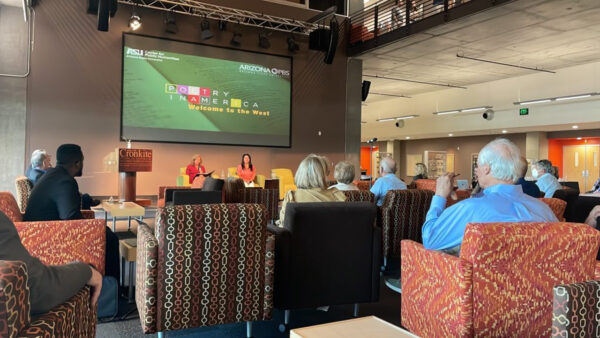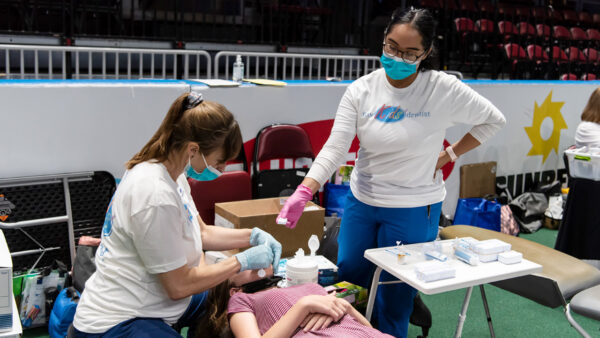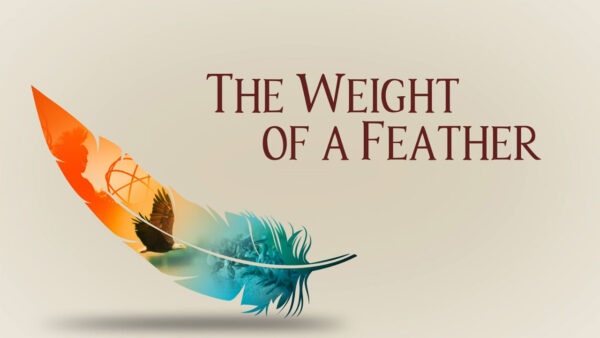Independent Lens “Pushing the Elephant”
March 29, 2011
— Film features Phoenix resident Rose Mapendo —
Rose Mapendo lost her family and home to the ethnic violence that engulfed the Democratic Republic of Congo in the 1990s, yet she emerged from the suffering advocating for forgiveness and reconciliation. But, after helping numerous victims recover and rebuild their lives, there is one person Rose must still teach to forgive: her daughter Nangabire. Pushing the Elephant captures one of the most important stories of our age, in which genocidal violence is challenged by the moral fortitude and grace of one woman’s mission for peace. Pushing the Elephant, directed and produced by Beth Davenport and Elizabeth Mandel, premieres on Independent Lens on Tuesday, March 29, 2011 at 10 p.m. on Eight, Arizona PBS. When war came to Rose’s village, she was separated from her five-year-old daughter, Nangabire. Rose managed to escape with nine of her ten children, and was eventually resettled in Phoenix, Arizona. Over a decade later, mother and daughter are reunited in the U.S., where they must face the past and build a new future. We follow Rose and Nangabire over the course of two years as they make up for lost time. Rose struggles to find balance in her life as a mother of ten and a full-time advocate for refugees. Her speaking engagements have her traveling around the world, from the White House to the UNHCR (UN Refugee Agency) in Geneva to grassroots meetings with survivors like herself in Congo. Meanwhile Nangabire, now 17, must adapt to America and discover how she fits into the sprawling Mapendo family. As mother and daughter get to know one another, they must come to terms with a painful past, and define what it means to be a survivor, a woman, a refugee, and an American.
Through this intimate family portrait unfolding against the wider drama of war, the film explores the long term and often hidden effects of conflict on women and families, particularly those in traditional societies: financial despair, increased susceptibility to rape, and social ostracism.
)



















